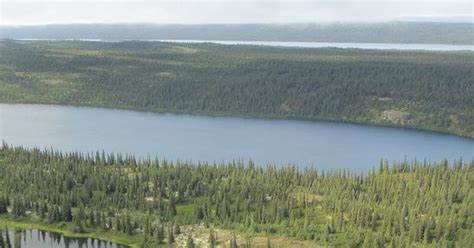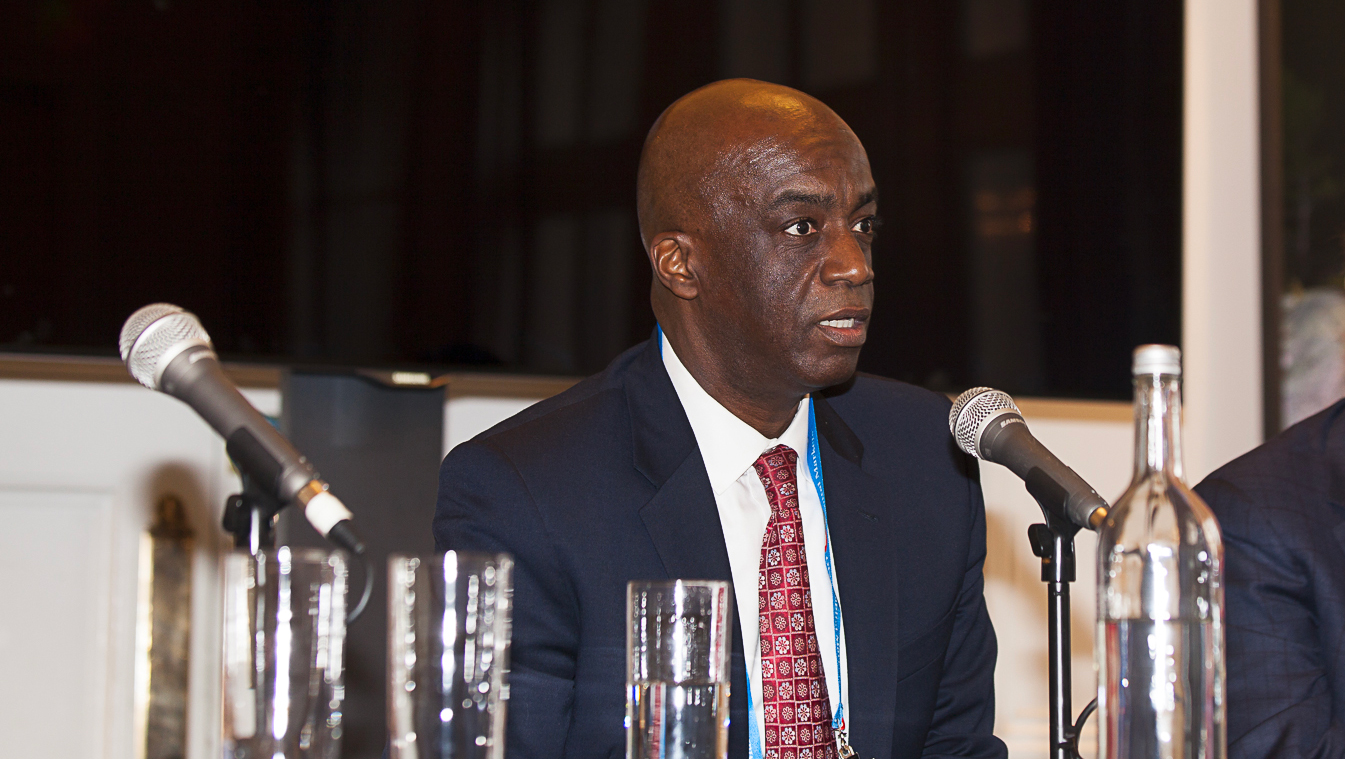VANCOUVER – An inconsistent patchwork of federal and provincial guidelines for consulting aboriginal peoples currently exist across the country, finds a new study released today by the
Fraser Institute.
The study,
The Duty to Consult with Aboriginal Peoples, spotlights the origins and principles that oblige governments to consult aboriginal peoples prior to making decisions that could affect aboriginal or treaty rights — an obligation that is triggered over 100,000 times a year across the country.
In an effort to address the Crown’s obligation, provinces have produced policies and guidelines to govern the consultation processes. These frameworks, however, vary significantly between jurisdictions.
There are some principles that all jurisdictions share, such as the Crown taking responsibility for the duty to consult. There are other principles that differ dramatically. The study lauds Alberta and Saskatchewan as the only provinces that have specific timelines to ensure the duty to consult is implemented in a timely way.
There are, however, provinces that lack clear and systematic duty to consult guidelines. For example, British Columbia, Ontario, Quebec and Manitoba still have “draft” guidelines: Ontario’s draft guidelines are now a decade old.
The study notes that the duty to consult is triggered if there is a chance of an adverse impact on an aboriginal community’s rights and traditional territory. And, given all traditional territory and land claims, it’s possible that every major development project in every part of the country could require consultation with aboriginal communities.
The duty to consult is certainly familiar to the mining industry, and creating a consistent set of guidelines will help speed the process and present misunderstandings.





Comments